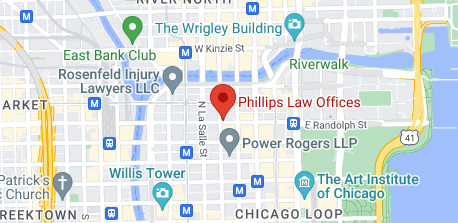
Call now for your
Free Consultation:

Free Consultation:

Free Consultation:
Construction contracts with the federal government must generally be completed by the scheduled completion date because the government has an interest in its occupancy or use of a project. The government normally secures the completion of the project by the scheduled completion date through performance bonds, penalties for delay, or escrow accounts.
The federal government may terminate a construction contract based on a contractor’s default if the contractor refuses or fails to diligently pursue the project in order to complete the project by the scheduled completion date or if the contractor fails to complete the project by the scheduled completion date. In deciding whether to terminate the contract for default, the government must consider whether the contractor has made any progress on the project, the condition of the work site, and the cost of securing another contract for the completion of the project. The government should also consider the status of the project, whether there is money in an escrow account, whether all progress payments have been disbursed, the contractor’s performance bond, whether there have been any problems with subcontractors, and whether there were any excusable delays such as unusually severe weather or strikes.
A contractor and its surety company are liable to the federal government for liquidated damages under a construction contract if the contractor defaults under the contract. Liquidated damages are the damages that are specified in the contract for default. If the damages are not specified in the contract, the contractor and its surety company may be liable for actual damages.
A contractor may claim certain defenses to a termination based on default of a construction contract with the federal government. The contractor may claim that its refusal to proceed with the project was based on the government’s failure to clarify the specifications of the contract, to provide certain property for the project, or to fulfill its duties under the contract. The contractor may also claim that the entire project was not in jeopardy or that the government failed to follow proper procedure for the termination of the contract.
If a contracting officer determines that it is in the best of the federal government to terminate a contractor for default, the officer must send a written notice to the contractor. The notice must describe the acts or the delay that resulted in the default. The officer must notify the contractor’s surety company of a possible termination. A copy of the notice of default must also be sent to the surety company. The surety company may choose to complete the project rather than to be liable for liquidated or actual damages. The government may also choose to complete the project. If the government completes the project, the contractor and its surety company will be liable for any increased costs for the completion of the project. Best accident lawyer in Chicago.
Copyright 2012 LexisNexis, a division of Reed Elsevier Inc.
Call For A Free Consultation

161 N Clark St #4925
Chicago, IL 60601
(312) 346-4262
Copyright 2023 Phillipslawoffices. All Right Reserved